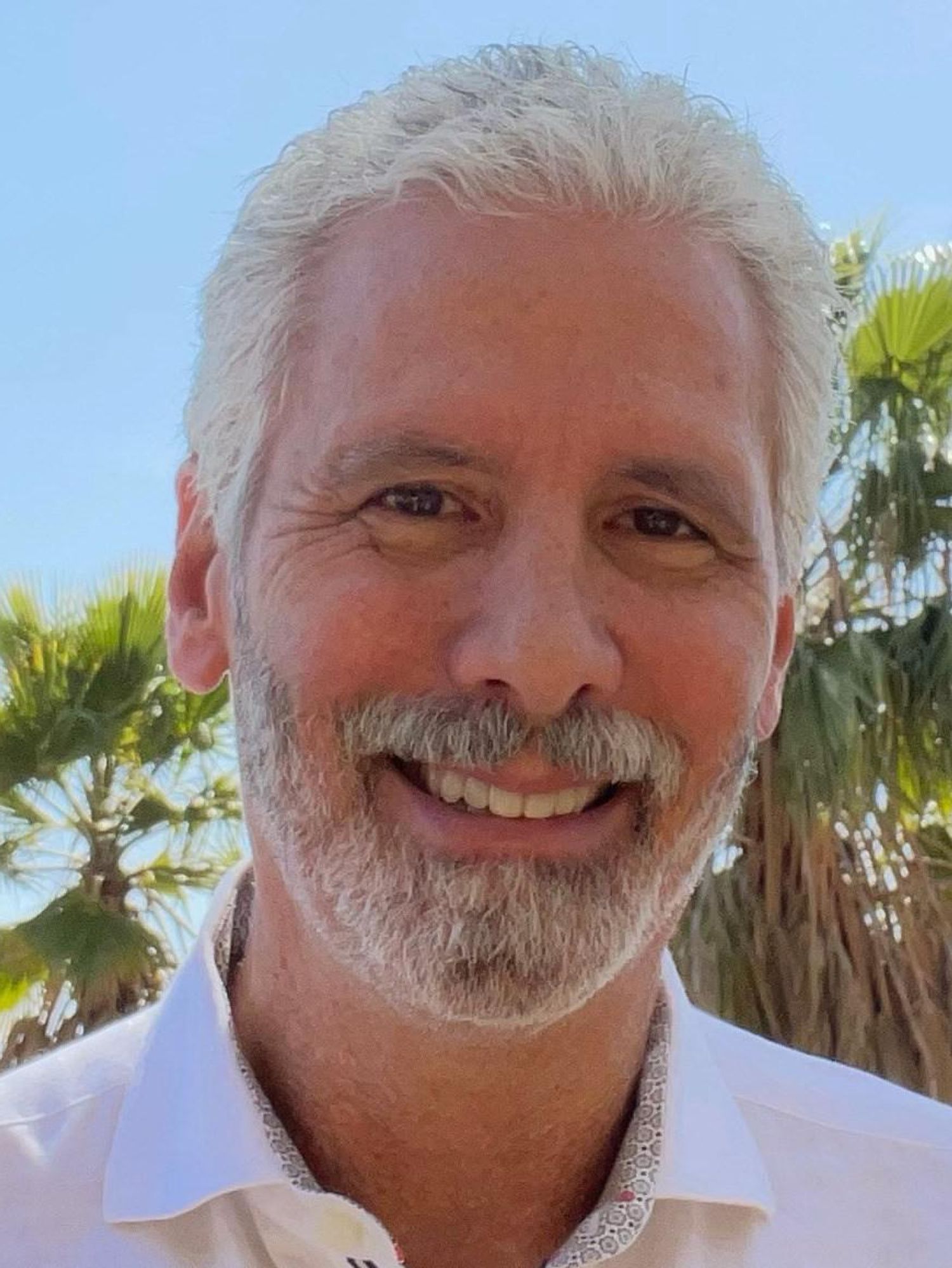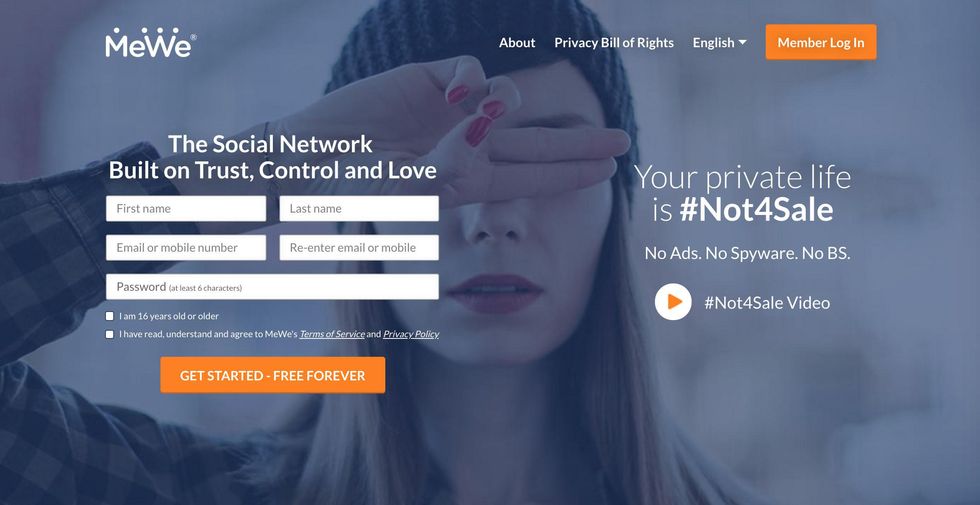A Woodland Hills-based biopharmaceutical startup raised fresh funding to accelerate phase 3 development of Izokibep, a unique IL-17A inhibitor to treat inflammatory diseases. But Los Angeles-based investment manager Ares Management oversubscribed its inaugural fund from investors including the San Diego Padres and McLaren Racing.
***
Venture Capital
Woodland Hills-based biopharmaceutical startup ACELYRIN, INC. raised $300 million in a Series C financing round led by Access Biotechnology.
RayzeBio, Inc., a San Diego-based radiopharmaceutical company, raised $160 million in a Series D financing round co-led by Viking Global Investors, Sofinnova Investments and Wellington Management.
Led by Acorn Capital, Liquid Instruments, a Solana Beach-based developer of modern test and measurement devices designed to address the needs of the manufacturing, defense, and education sectors, raised $28.5 million in a Series B funding round.
Los Angeles-based youth transportation startup HopSkipDrive raised a $37 million Series D funding round. Investors include Energy Impact Partners, Keyframe Capital, FirstMark Capital, Alumni Ventures and Transform Capital.
Morpheus Space, a downtown Los Angeles-based startup developing space propulsion technology, raised $28 million in a Series A funding round led by Alpine Space Ventures.
Privacy-driven social network MeWe raised a $27 million investment round led by McCourt Global.Funds
Funds
Los Angeles-based investment manager Ares Management raised $3.7 billion for its first sports, media and entertainment fund. The fund will exclusively invest in sports leagues, sports teams and sports-related franchises and media and entertainment companies. Investors include Atlético de Madrid, the San Diego Padres, McLaren Racing and Inter Miami CF.
HCAP Partners, a San Diego-based private equity firm, closed its second fund of $353 million to continue investing in underserved businesses in the lower middle market.
Raises is dot.LA’s weekly feature highlighting venture capital funding news across Southern California’s tech and startup ecosystem. Please send fundraising news to Decerry Donato (decerrydonato@dot.la).



